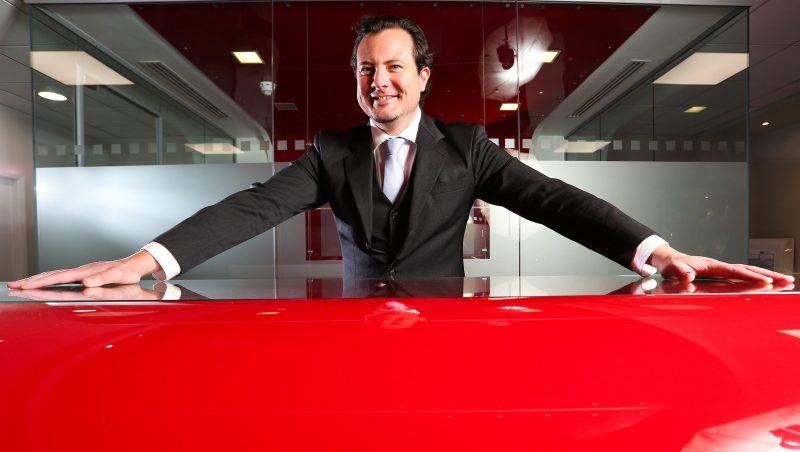Greg Simpson, founder of Press For Attention PR, considers the problems of being too polished and the opportunity in authenticity.
Someone offered me a better lip-syncing service for my videos last week. The irony? There was no lip-syncing involved. It was just me, talking to camera, being what I thought was quite polished in my delivery.
My immediate reaction was worrying. Do you think I’m a wooden performer? Do you think all my content is AI-generated? Are you not trusting it anymore?
That moment crystallised something I’d been sensing but hadn’t quite put my finger on. We’ve reached a tipping point where being too good at your job makes you look artificial.
The polish problem
As a former business journalist, I’ve spent 17 years perfecting my on-camera presence. Clean delivery, minimal stumbles, professional presentation. Turns out, that’s now working against me. The data backs this up. Only 45% of UK respondents can correctly identify AI-generated content. We’re living in a world where audiences have developed default scepticism about everything they see.
Academic research confirms what I experienced firsthand. Human writing can be mistaken for AI, especially when it’s polished and error-free. My journalism background, which gave me that crisp, professional delivery, now makes me look suspiciously perfect.
The authenticity advantage
Here’s the counterintuitive bit. Our imperfections have become our competitive advantage. We shouldn’t worry about going “um” and “ah” anymore. We should embrace it.
The opportunity to be normal, to stumble on words occasionally, to rephrase things or re-clarify something is exactly how you’d speak in real life. We shouldn’t be afraid to do that on camera, especially as AI becomes more dominant. It’s okay to only be okay. In fact, I think it’s positively encouraged to be less polished rather than picture perfect every time.
The strategic response
This creates a fascinating opportunity for PR professionals and content creators. As AI-generated material floods the market, with estimates suggesting 90 percent of online content could be AI-generated by 2025, authentic humanity becomes premium. We need to be more “I” in a world of AI.
That means scratching your head occasionally. Looking off camera. Consulting notes. Showing the natural hesitations and corrections that signal genuine human thought. The very imperfections we’ve been trained to edit out are now our authenticity markers.
What this means for your content
If you’re creating educational content, following methodologies like Marcus Sheridan’s “They Ask You Answer,” you’re probably facing this same challenge. Your professional competence is making you look artificial.
The solution isn’t to become genuinely bad at your job. It’s to deliberately incorporate the human elements that AI still struggles to replicate convincingly. Show your working. Include the natural pauses. Let people see you think.
In a world where everyone’s suspicious of perfection, being perfectly imperfect becomes your differentiator. The person who offered me that lip-sync service did me a favour. They showed me that my authentic human delivery had become so polished it looked artificial. Now I know exactly how to fix that.
A former business journalist, Greg Simpson is the author of The Small Business Guide to PR and has been recognised as one of the UK’s top 5 PR consultants, having set up Press For Attention PR in 2008.
He has worked for FTSE 100 firms, charities and start-ups and conducted press conferences with Sir Richard Branson and James Caan. His background ensures a deep understanding of every facet of a successful PR campaign – from a journalist’s, client’s, and consultant’s perspective.
See this column in the September issue of East Midlands Business Link here.



